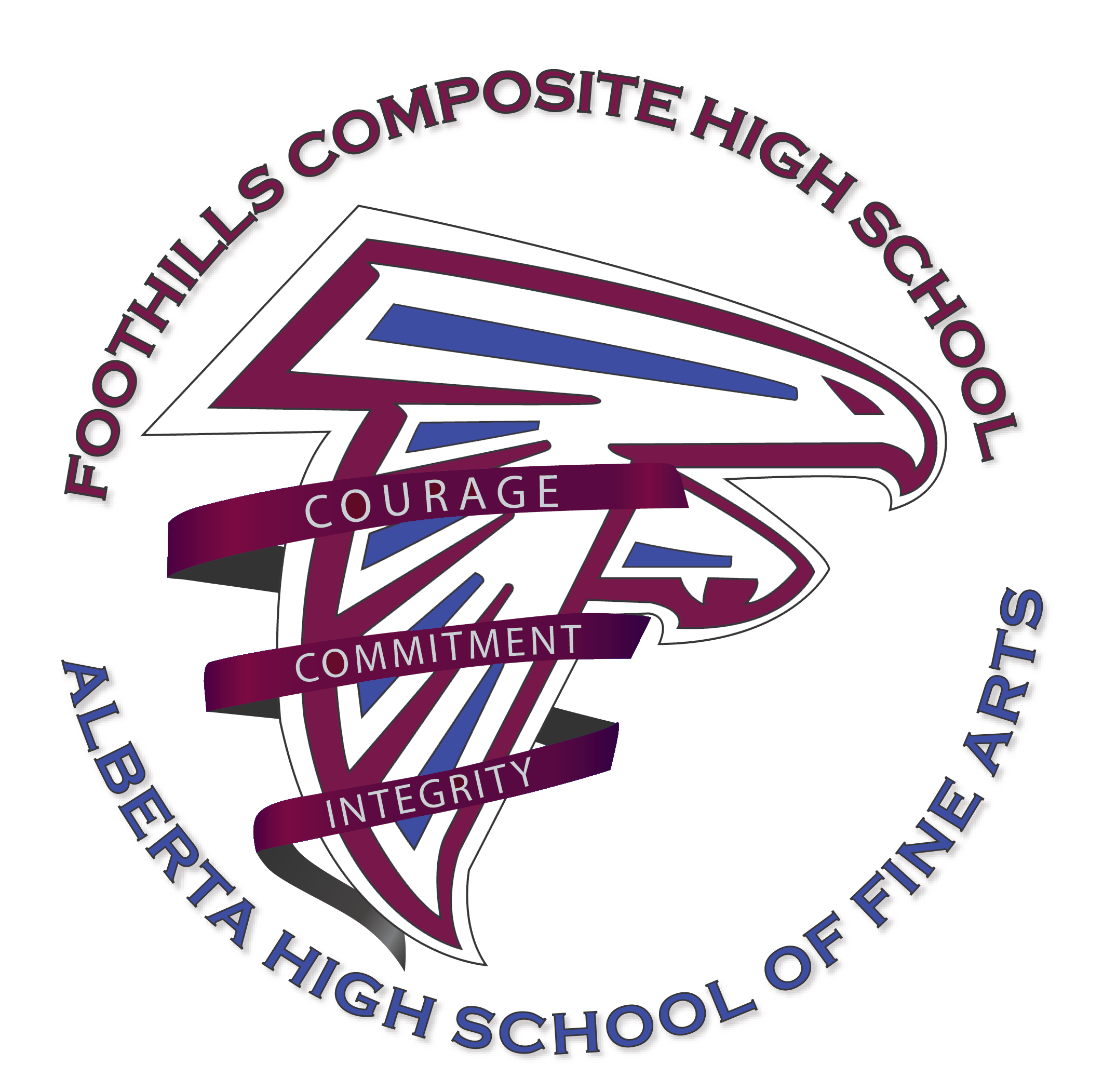Courses / Programs
ÉSFCHS/AHSFA CORE Courses
FCHS Handbook CORE subjects.pdf
The purpose of this handbook is to provide students and families with an outline of courses and programs offered in our building. The decisions students make while planning their high school courses will have a lasting effect on their futuer. This handbook can help students choose high school courses appropriate for their future plans. Students are advised to plan their courses and pathways taking into consideration previous school grades, requirements for a high school diploma and the requirements for education beyond high school.
Our staff is dedicated to engaging the creativity of a student's mind through authentic and meaningful experiences. We are here to support students as they make their CORE and elective course choices. Connect with an Academic Advisor if support and guidance is needed.
ÉSFCHS/AHSFA Option Courses
FCHS/AHSFA provides a diverse range of elective/option programs. Our courses are designed to develop skills that senior high school students can apply to their everyday lives. Students are encouraged to follow their passions while developing the confidence they need as they move into their adult lives. Our hope is that students will cultivate talents, interests, and abilities while assuming increased responsibility for their learning.
The aim of this document is to provide students and parents with an overview of the elective courses available at Foothills Composite High School. The choices students make while planning their high school course selections, may impact their future, therefore, it is essential for students to select their courses mindfully. Academic advisors and teachers are available to assist with these important decisions.
- Certain courses have prerequisites for upholding safety standards, following the instructional sequence, and aligning with post-secondary programs.
- A course (module) defines what a student is expected to know and be able to do. One course module completed equals one credit (approximately equivalent to 25 hours of instruction).
- The passing mark for each module is 50%.
- Course modules are organized into three levels - introductory (1000's), intermediate (2000's), and advanced (3000's).
- Specific course modules are prerequisites for other course modules within and across the three levels.
Programs offered are subject to change based on student interest, enrolment, and budgetary decisions/constraints.
**Elective courses are fee based. Increases to fees may take place due to changes to the provincial budget funding for the upcoming school year.
